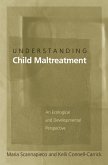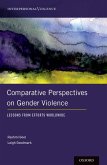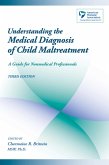In
Intimacies of Violence, Nadine Shaanta Murshid demonstrates how transnational middle-class Bangladeshi women personally embody structural violence to shed light on the ways in which violence is produced, perpetuated, and resisted. As the first book to examine the private lives of Bangladeshi migrant women, this work allows academics, policymakers, and practitioners who work with migrant communities and immigration policy to understand the complex ways in which immigrant lives are structured by social systems.
Dieser Download kann aus rechtlichen Gründen nur mit Rechnungsadresse in A, B, BG, CY, CZ, D, DK, EW, E, FIN, F, GR, HR, H, IRL, I, LT, L, LR, M, NL, PL, P, R, S, SLO, SK ausgeliefert werden.









